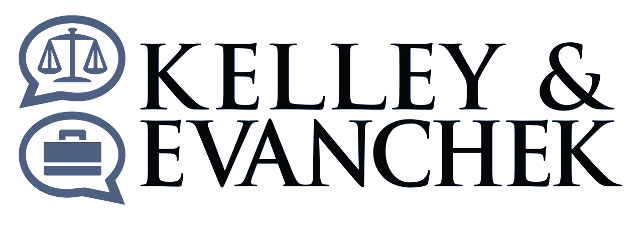Homeowner & Condo Associations
Membership in a Homeowner’s Association, HOA, is generally a mandatory condition of the purchase of a home within a subdivision that is governed by the HOA. All homeowners are required to pay fees and to abide by the rules of the HOA. The rules generally set out the respective responsibilities of the homeowner and the association.
Condominium Associations rules generally consider the roof and exterior of the buildings housing the condominiums and all common areas, such as pools, roads and walkways, as their responsibility. Like HOAs, owners of condominiums are required to pay fees and abide by the rules of the association.
Michigan state laws have been enacted to protect both the homeowners and the HOA and condominium associations. HOAs are governed by various documents, such as the Covenants, Conditions and Restrictions that are publicly recorded by the association after it has been created, and various state laws. Condominium Associations are governed by their bylaws, the Michigan Condominium Act and other laws relating to the creation and maintenance of a condominium community.
When the HOAs or condominium association managers do not abide by the established rules of the governing association, they can be sued in a court of law to force them to conform. One of the problems that arise when filing a lawsuit against an association is that state laws are constantly changing. It is very possible that the association’s rules have ended up in violation of the state laws that were enacted after the rules were established.
Home and condominium owners who have problems with their governing association should consult an attorney who is knowledgeable in real estate and property law. He will have the knowledge to explain whether the association’s rules are in violation of state law and the expertise necessary to preserve your rights and remedies.
